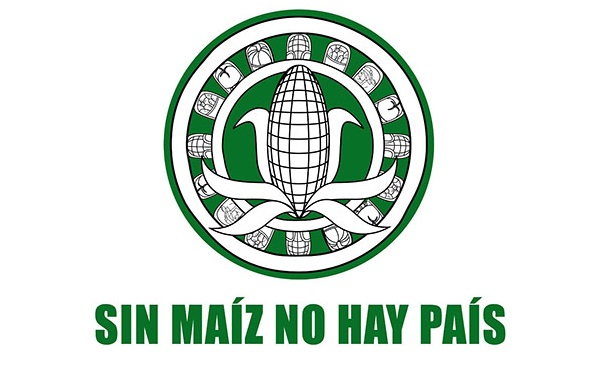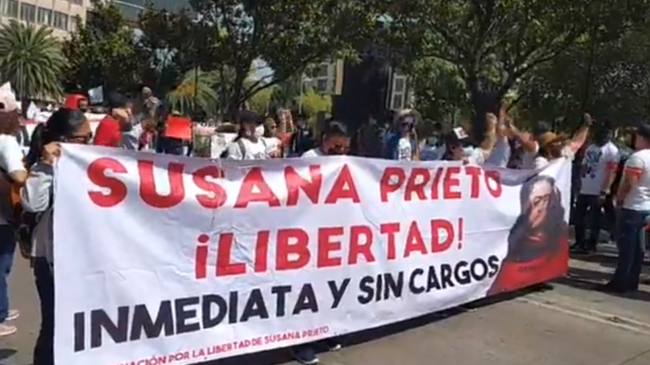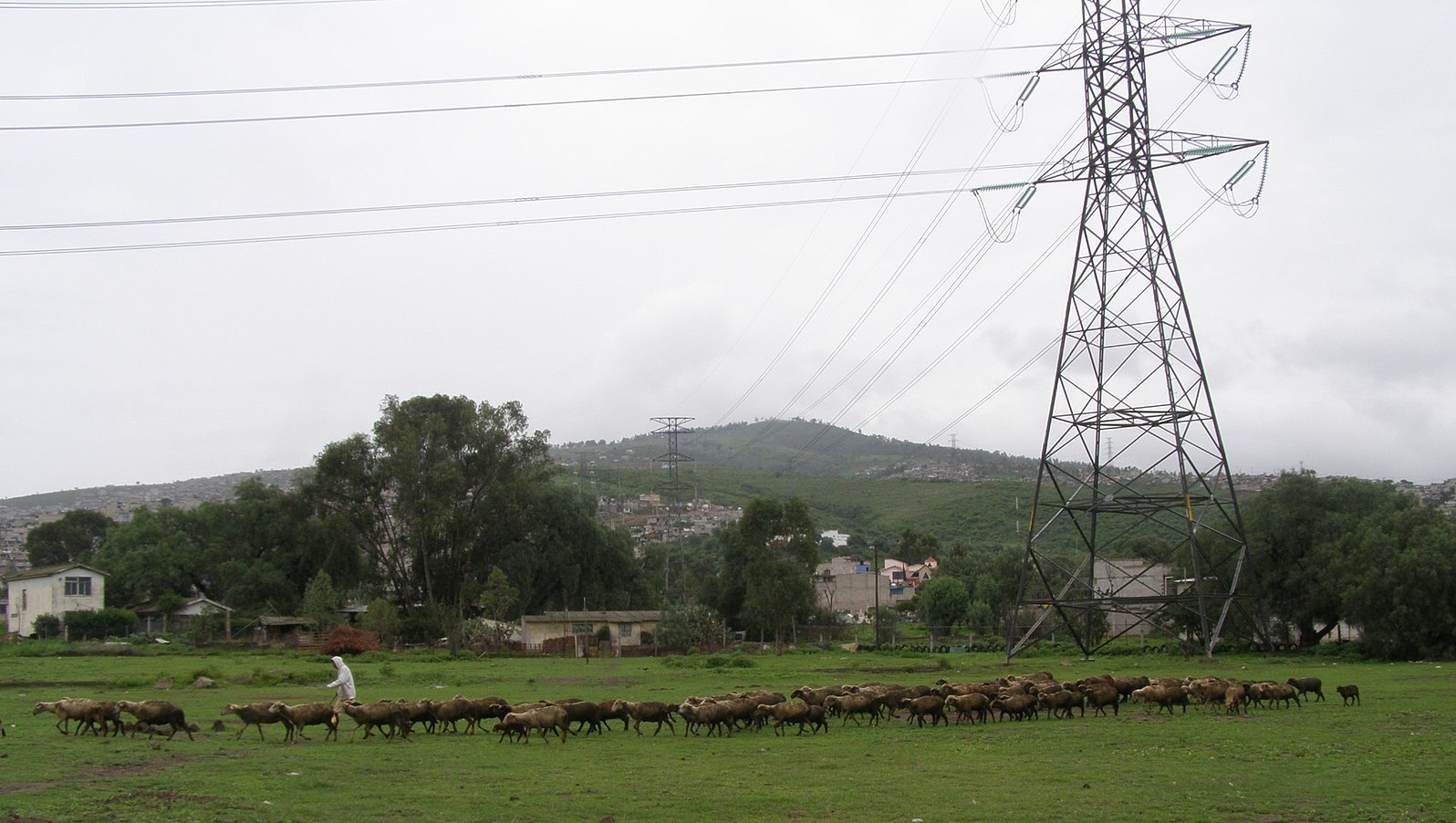
Podcast: MAGA-fascism and the struggle in Canada
Trump’s annexationist designs on Canada were the central issue in the country’s elections this past week, which saw a victory for the intransigently anti-Trump candidate, Mark Carney. While this seems surreal after a generation of economic integration under NAFTA, the vast resources of Canada—especially hydrocarbons, water and energy—provide a long-term goad of conflict between the two giants of North America. The Pentagon does in fact have a contingency plan for an invasion of Canada, dating back to the 1930s. In Episode 276 of the CounterVortex podcast, Bill Weinberg explores the strategic and corporate agendas behind Trump’s bellicose bluster. (Image: source unknown, lifted from Art & Architecture, Mainly)








